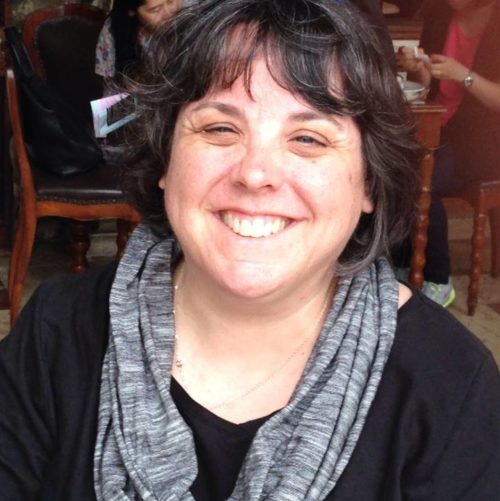I had the delight this past semester to teach a “gen ed” global literature class that I nicknamed “Epic Journeys.” That means we read lots of long stuff from the ancient and medieval world characterized by people on the move: Gilgamesh, The Odyssey (and I cannot recommend Emily Wilson’s new translation highly enough), The Aeneid, The Voyages of Sinbad, Laxdaela Saga, and my beloved Divine Comedy. (And yes: that’s a significant reading list, so don’t listen to anyone who tells you that “kids these days don’t read.”)
Of course, “journey” is a well-worn conceit—but even so, that doesn’t mean that these texts still don’t yield rich questions to consider. Nothing survives as long as these books have unless it continue to compel us: why is the protagonist on the road? What challenges stand in the way of the journey’s end—and how are they handled? What do the characteristics of the protagonist tell us about the values of a given society? What is the role of the divine?
And then there’s one that I found particularly compelling this time through: what is to be learned from the people encountered along the way?
In the Divine Comedy, the answer is particularly profound, I think. Unlike all the other epic heroes, Dante can’t make it alone—importantly, he has multiple guides on his trip through hell, purgatory, and paradise. Unlike wily Odysseus and dutiful Aeneas, Dante the Pilgrim is fearful and timid and full of questions.
In fact, as he travels and meets person after person, his almost constant refrain (including in the beginning cantos of Paradiso itself) is “what are you doing here?” The implication is that Dante the Pilgrim is astonished because he has clearly made assumptions about the eternal destinies of people he knew, either personally or by reputation. (Admittedly, Dante the Poet has placed them there within the orthodoxies of Christianity as he understand it). Nevertheless, Dante the Pilgrim’s question forces the reader to ask the same question: why are we surprised? Why do we often agree with Dante when he questions people’s placement? What assumptions do we make about who is saved and who is not? About where they are and its fairness? The poem’s answer seems to be rather simple: we need to figure out only our own journey. Everyone else is not our business. Sounds a little like ocular effect of the mote and the log.
One place this lesson is particularly telling is in Canto 3 of Purgatorio. Dante comes across Manfred, a great warrior and leader, who was excommunicated by the pope and buried (as was the custom) in unhallowed ground. Yet here he is in Purgatory, repenting of his sins and being sanctified for his final destination in Paradise. Dante is amazed, but Manfred explains:
Horrible was the nature of my sins,
But boundless mercy stretches out its arms
To any man who comes in search of it…
The church’s curse is not the final word,
for Everlasting Love may still return,
if hope reveals the slightest hint of green.
Note the powerful assertion: “the church’s curse is not the final word.” Only “Everlasting Love” gets to make the final determination. Manfred testifies to the reality that nothing can separate us from the love of God—certainly, no human beings, even religious leaders, gets that authority. It’s a simple point, but still one that bears repeating.
When my students wrote in their final exams about reading the Divine Comedy, many returned to this passage as a place of hope for them. In a time where social media is constantly filled with stories of churches who wound and reject, in a time when church might feel increasingly irrelevant, my students (and not just my students) wrestle with the place of the church in their own lives. What does it mean to be part of increasingly fraught denominations these days? How do we accomplish that “long obedience in the same direction”? Dante’s own long journey gives us one epic answer: love and support the right workings of the church (the subject of much of Paradiso), but remember that the aim of the journey is knowing God–the God who pursues us even into hell, saves us despite what anyone else might think, and points our vision upward to the “Love that moves the sun and the other stars.”

